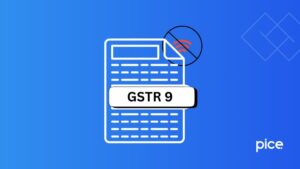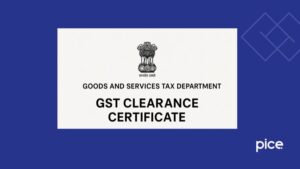GST Tax Invoice Declaration: A Quick Guide
- 3 Jul 25
- 6 mins
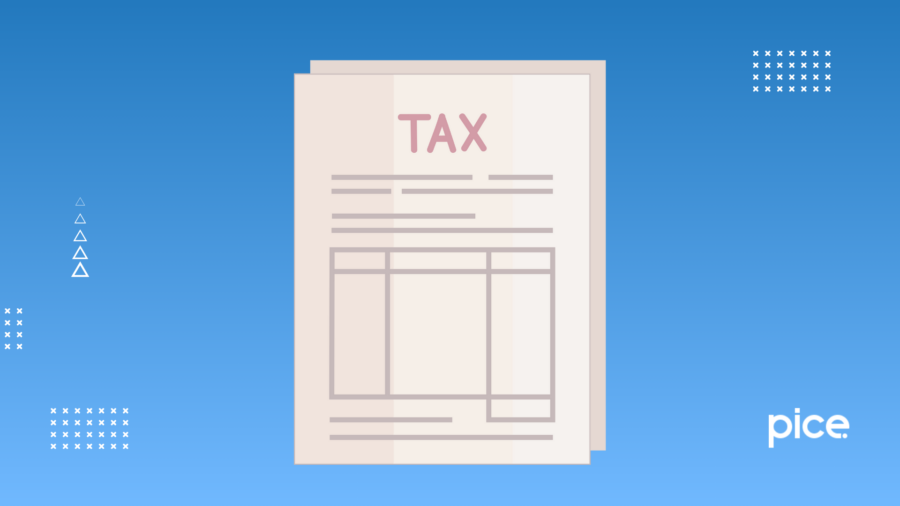
GST Tax Invoice Declaration: A Quick Guide
Key Takeaways
- New Declaration Feature for Exempt Entities: Businesses exempt from e-invoicing can now declare their exemption status directly on the GST e-invoice portal, streamlining compliance.
- Mandatory for Exempt Taxpayers: The GSTN advisory mandates this declaration even for entities that fall under exemption categories, ensuring clear communication of their status to authorities.
- E-invoicing Still Mandatory for Others: Businesses with an annual turnover of ₹5 crore or more must generate e-invoices unless specifically exempt.
- Exemptions Apply by Entity Type, Not Turnover: Institutions like SEZ units, banks, NBFCs, and government bodies remain exempt regardless of turnover.
- Supports Transparency and ITC Claims: Declaring exemption promotes audit clarity and reduces discrepancies in ITC claims between suppliers and recipients.
A new functionality has been introduced on the GST e-invoice portal. It supports businesses in the declaration of their exemptions from electronic invoicing. This update is of much importance for financial institutions and other types of entities which are exempt from generating tax invoices through an e-invoicing system based on annual turnover.
The GST declaration feature aims to simplify the process of meeting compliance requirements by offering a straightforward way to notify authorities of such applicable exemptions. Read on to know all about all that GST tax invoice declaration entails.
What is the E-Invoicing Mandate?
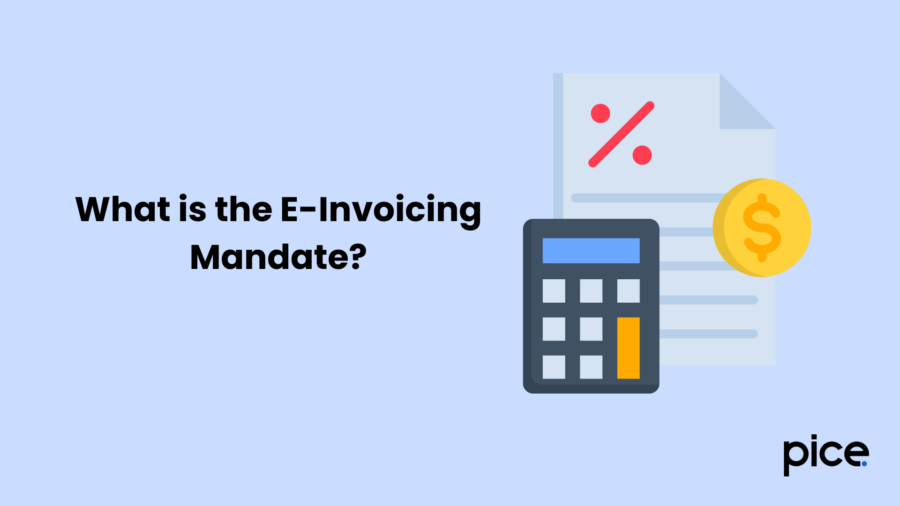
The e-invoicing mandate under GST is an electronic authentication of B2B tax invoices made through the Invoice Registration Portal (IRP). The portal is government-mandated. Its introduction is to facilitate transparency and reduce any tax evasion. This system applies to every registered person and business whose aggregate turnover exceeds the prescribed threshold. The e-invoicing turnover limit is ₹5 crore effective from 1st August, 2023 onwards.
Under this mandate, invoices must be reported through a unified portal infrastructure. This system enables real-time reporting, validation and assignment of Invoice Reference Numbers (IRNs). In order to ease the compliance burden, especially for large businesses that are engaged in bulk invoicing, the portal supports automated data uploads and integrations.
Businesses who claim GST tax invoice declaration with these exemptions need to submit a form to notify concerned authorities of their ineligibility. Overall, e-invoicing helps to streamline the tax ecosystem, reduce errors and ensure better enforcement of GST compliance.
E-Invoice Mandate Exemptions
The Indian government has implemented an e-invoicing system according to GST rules. This has been implemented in a phased manner. It is mandatory for businesses based on their aggregate turnover. However, there are a few categories of entities which are exempt from such generation of e-invoices regardless of their turnover. A few such exemptions applicable to entities and not on transactions are:
- Special Economic Zone (SEZ) units have exemptions
- Financial and Banking institutions including insurance companies, NBFCs (Non-Banking Financial Companies)
- GTAs (Goods Transport Agencies) supplying services
- Passenger transportation services
- Cinematograph film exhibitions in multiplexes
- Government departments and local authorities
Staying compliant and informed with e-invoice exemption mandates ensures a smooth experience to avoid facing penalties. It also supports an efficient and transparent ecosystem of GST.
Additional Things to Remember Regarding E-Invoice Mandate Exemptions
Here is a list of additional things to remember regarding E-invoice mandate exemptions:
- The exemptions apply only if the entity’s supply of services falls under the exempt categories.
- The SEZ developers are not exempt. Rather, only the SEZ units are.
- Exemptions apply to applicable entities despite their aggregate annual turnover.
Mandatory Declaration of E-Invoice Exemption Under GSTN Advisory
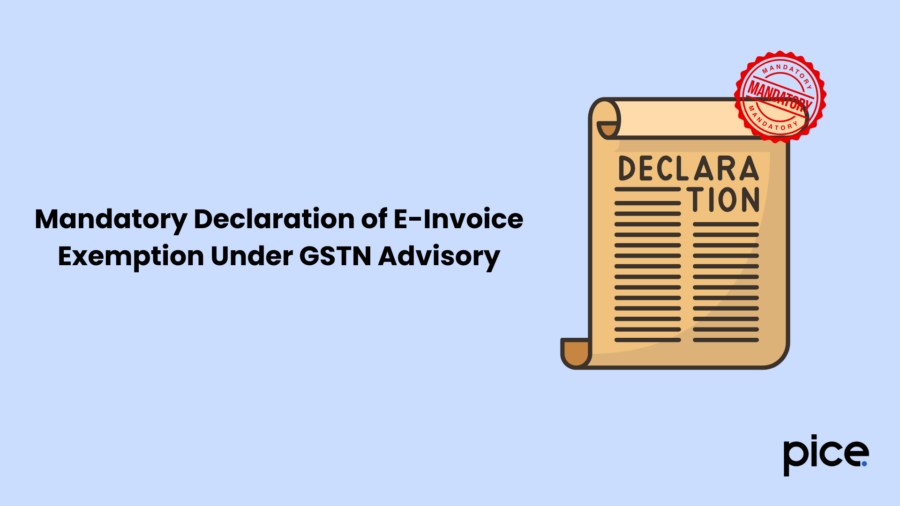
E-invoicing under GST is very important when making an invoice legally valid. The new GSTN advisory states that E-invoice exemption declaration functionality is mandatory regarding a business’s supply of services. The feature is mainly meant for taxpayers who use e-invoicing but at the same time have an exemption from doing it under the GST Act.
Hence, businesses need to take note of this so that they can apply for exemption under this new compliance requirement.
Conclusion
The functionality for GST tax invoice declaration provides transparency and streamlines compliance for exempt taxpayers. This in turn facilitates a smooth audit and supports ITC (Input Tax Credit) claims. This update is vital to reduce any presence of errors between suppliers and recipients regarding the applicability of e-invoices.
Taxpayers are hence encouraged to adapt their billing systems for incorporating this declaration and stay compliant with the ever-evolving GST norms. Overall, this move also marks a step towards a more efficient and robust tax administration system in India.
💡If you want to streamline your invoices and make payments via credit or debit card or UPI, consider using the PICE App. Explore the PICE App today and take your business to new heights.










